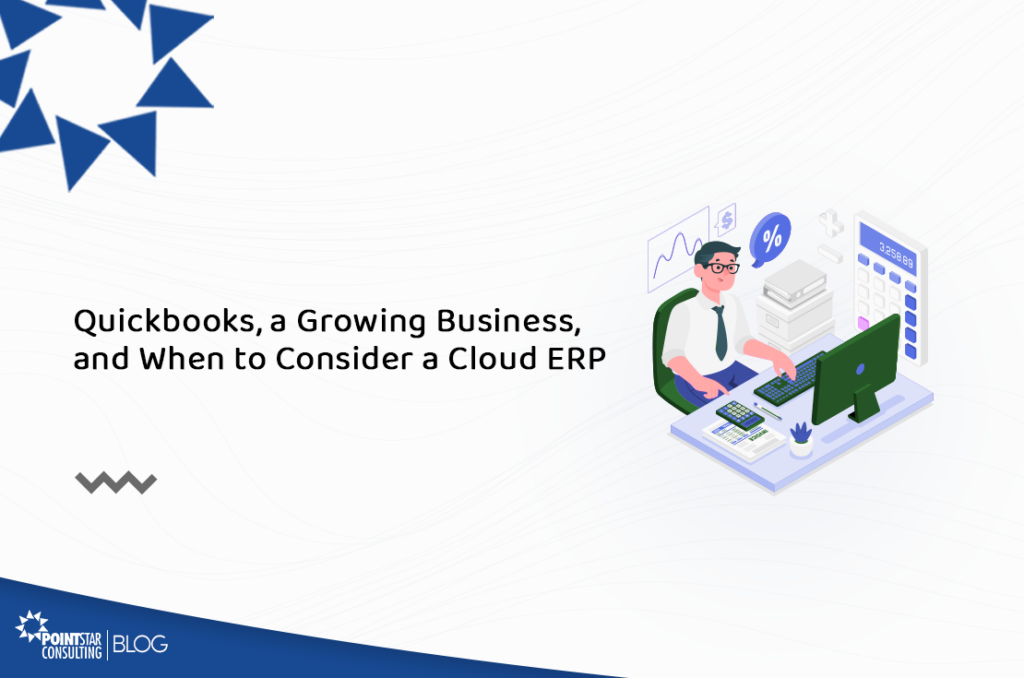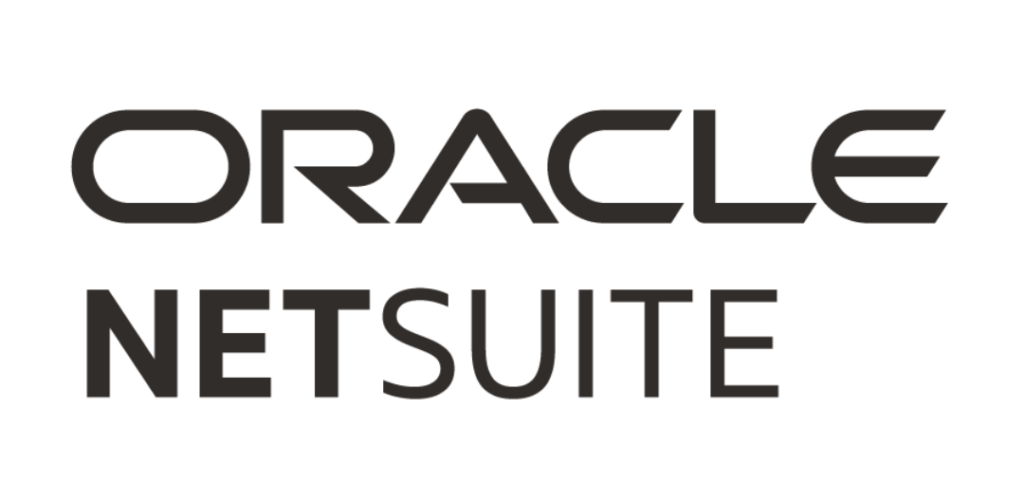What Is QuickBooks?
For a business, numbers are everything. Yet, in a highly digital business environment, many organisations find themselves using spreadsheets for bookkeeping purposes.
Meanwhile, businesses that have invested in financial software soon realise that their solution may not be able to handle the sheer volume of transactions that take place in the e-commerce sector, thus preventing them from scaling to commensurate business growth.
QuickBooks is one in an array of widely used accounting software by small and medium-sized (SME) businesses to manage their accounting processes. QuickBooks is a cost-effective alternative to spreadsheets that form the lion’s share of legacy accounting solutions.
Due to its user-friendliness and reporting capabilities, QuickBooks is popular among SMEs. Full functionality includes online banking, payments, and remote access.
When Your Business Grows
QuickBooks is a good first step for smaller companies because it requires minimal setup and few operating expenses to track and can function independently.
However, the degree to which enterprise systems can integrate with QuickBooks directly varies. As your business grows rapidly, the management of your financial processes can become arduous, especially when processing high volumes of transactions.
With QuickBooks, when you are on the high-growth trajectory, and you are expanding and operating in different countries, you may start to find that you are having difficulty consolidating your financial data, struggling to obtain a well-documented audit trail, and not able to get a real-time view of transactions.
This is when you may need to seriously consider implementing a cloud enterprise resources planning (ERP) system.
What is a Cloud ERP?
Cloud ERP systems like Oracle NetSuite come with robust financial reporting functions and great API integration capabilities. The wide array of solutions offered by a cloud ERP is not solely confined to accounting and financial management, but also include supply chain management, inventory management, customer relationship management (CRM), project management, and much more in a single integrated cloud platform.
The breadth and depth of the features of a cloud ERP solution such as Oracle NetSuite far outstrips that of QuickBooks. The ability to close your finance on time relies heavily on managing manual processes such as bank reconciliation and transaction matching. Due to its manual management, these processes are often riddled with human errors and data duplication.
Cloud ERP provides an all-encompassing, comprehensive financial solution
A cloud ERP system helps you automate tedious accounting and financial processes that can be time consuming and error-prone. In addition to this, cloud ERP systems also offer companies a real-time view of their financial and accounting processes which are essential for growing businesses.
ERP’s true value lies in its comprehensiveness: Yes, it has robust accounting software at its core, but that accounting software also serves as the hub of enterprise-wide resource planning. It is designed to work with more systems, not just accounting systems, to help you manage, combine, and understand your data.
Here’s how the ERP system resolves shortcomings from QuickBooks:
Unlock Insights for Growth
When consolidated data is available from various sources, it gives you and your financial and accounting professionals the opportunity to spot trends and other insights critical to your growth. The real-time nature of data also ensures your finger is always on the pulse and you keep track of changing consumer demands.
Manage Multiple Entities
Expanding your business abroad is one of the key considerations when you lay down the roadmap for the next stage of your growth. Whether you achieve a presence through acquisition of a company abroad, or you start an office from scratch, you will so realise the complexities that come with getting your subsidiaries to provide a consolidated data of each entity under your umbrella. A cloud ERP system like Oracle NetSuite helps you to easily get a consolidated view of your finances across all subsidiaries.
Streamline Workflows
Cloud ERP systems facilitate the simplification and automation of numerous business processes. In accounts receivable, for instance, you can obtain a faster order-to-cash (O2C) process and enhanced vendor management.
360-degree visibility
With a cloud ERP, you can see all of your core business processes simultaneously. Because of this, managers or the person in charge can find ways to improve processes all over the organisation.
Boost productivity
Collaboration between departments improves both output and efficiency. In turn, this reduces costs and enhances the business’s competitiveness.
Minimal IT support
Cloud-based ERP systems reduce or eliminate the need to buy and maintain hardware and make accessing the system remotely easier.



